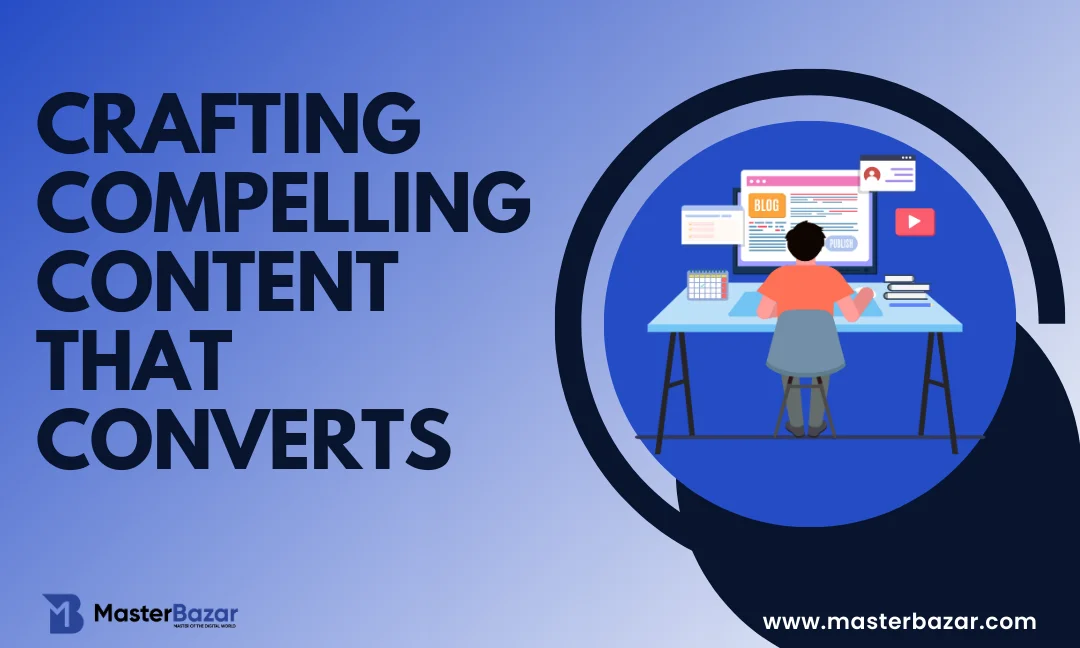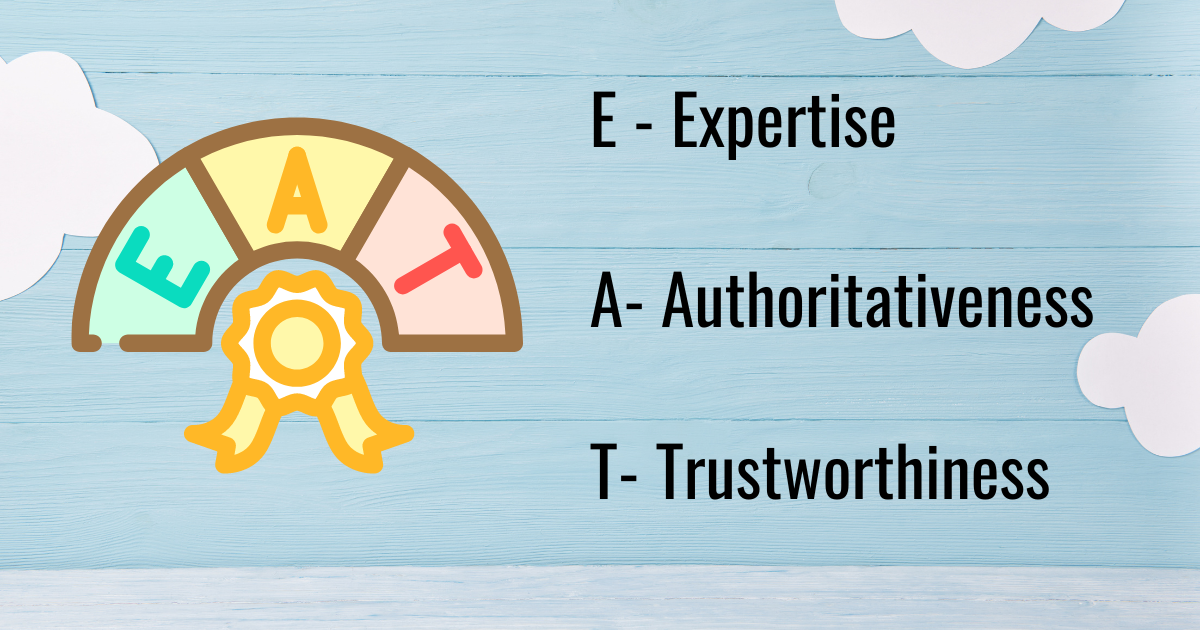Table of Contents
In the ever-evolving landscape of digital marketing, one truth remains constant: content is the driving force behind audience engagement, brand recognition, and, most importantly, conversions. Whether you're an aspiring content creator, a seasoned marketer, or a business owner looking to boost your online presence, mastering the art of writing content that converts is nothing short of a superpower.
Welcome to our comprehensive guide, "How to Write Content That Converts". Here, we will embark on a journey through the intricacies of crafting compelling, persuasive, and results-oriented content. From understanding the psychology behind consumer behavior to uncovering the strategies that transform casual readers into loyal customers, we'll delve deep into the world of content marketing.
So, if you're ready to unlock the secrets of content that not only captures attention but also inspires action, let's dive in and explore the transformative power of words. Your journey to becoming a content conversion maestro begins here.
Understanding the Power of Content Marketing
What is Content Marketing?
Content marketing is a strategic approach to creating and distributing valuable, relevant, and consistent content to attract and engage a clearly defined target audience. The ultimate goal is to drive profitable customer action, such as conversions, sales, or brand loyalty.
Why is Content Marketing Important?
Content marketing has become a cornerstone of modern digital marketing for several compelling reasons:
1. Builds Trust: High-quality content establishes your authority and expertise in your industry, earning the trust of your audience.
2. Drives Conversions: Well-crafted content persuades users to take specific actions, such as signing up for a newsletter, making a purchase, or requesting more information.
3. Boosts SEO: Search engines reward fresh, relevant content with higher search rankings, increasing your online visibility.
4. Fosters Engagement: Engaging content keeps your audience interested and encourages them to interact with your brand.
5. Nurtures Leads: Content helps move prospects through the sales funnel, converting them into loyal customers.
The Key Ingredients of Content That Converts
Creating content that converts requires a deliberate approach. Here are the key ingredients:
1. Know Your Audience
To craft content that resonates, you must understand your target audience intimately. Create detailed buyer personas that encompass their demographics, pain points, goals, and preferences. Tailor your content to address their specific needs and interests.
2. Define Clear Objectives
Every piece of content should have a purpose. Are you aiming to generate leads, drive sales, or increase brand awareness? Clearly define your objectives to guide your content creation process.
3. Conduct Thorough Research
Research is the foundation of compelling content. Dive deep into your topic, industry trends, and audience behavior. Use reputable sources, data, and statistics to bolster your content's credibility.
4. Craft Captivating Headlines
Your headline is the first impression your content makes. It should be attention-grabbing, relevant, and concise. Consider using power words and posing questions to pique curiosity.
5. Create Engaging Content
Engagement is a vital metric for content success. To create engaging content:
Use storytelling techniques to connect with your audience emotionally.
Break content into scannable sections with headings, bullet points, and visuals.
Encourage interaction through comments, shares, and calls to action (CTAs).
6. Incorporate Visual Elements
Visuals, such as images, infographics, and videos, enhance the appeal of your content. They break up text, provide clarity, and make complex concepts more digestible.
7. Optimize for SEO
SEO optimization ensures your content is discoverable by search engines. Incorporate relevant keywords strategically throughout your content, but avoid keyword stuffing. Optimize meta tags, images, and use internal and external links.
8. Provide Value
Your content should offer valuable insights, solutions, or entertainment to your audience. Solve their problems, answer their questions, or entertain them to keep them engaged and coming back for more.
9. Craft Strong CTAs
Every piece of content should include a compelling call to action. Whether it's subscribing to a newsletter, making a purchase, or sharing the content, guide your audience on what action to take next.
10. Measure and Analyze
To continuously improve your content marketing efforts, track key performance metrics. Analyze data on engagement, conversion rates, and user behavior to refine your strategy.
Advanced Strategies for Content That Converts
1. Personalization
Leverage data and automation to personalize your content for individual users. Tailor recommendations, product offerings, and messaging based on user behavior and preferences.
2. User-Generated Content
Encourage your audience to create content related to your brand or products. User-generated content, such as reviews, testimonials, and social media posts, adds authenticity and credibility.
3. A/B Testing
Experiment with different content formats, headlines, CTAs, and visuals using A/B testing. Analyze the results to refine your content for maximum conversion.
4. Content Funnels
Map out content funnels that align with the buyer's journey. Create content for each stage, from awareness to consideration and decision-making.
5. Content Distribution
Promote your content through various channels, including social media, email marketing, influencer partnerships, and paid advertising. Extend your reach and capture a wider audience.
Conclusion
Crafting content that converts is both an art and a science. By understanding your audience, setting clear objectives, conducting thorough research, and implementing advanced strategies, you can create content that not only engages but also drives valuable actions. Remember that content marketing is an ongoing process of refinement and adaptation. Stay attuned to audience feedback and evolving trends to maintain your edge in the competitive world of digital marketing.
Author - Sunny J.
Sunny J. is a seasoned content writer with 8 years experience in web development, software development and digital marketing content across multiple formats. He leverages his skills in crafting curated content on the web technology and digital marketing. In his personal time, He enjoys reading article and being up-to-date on trends in marketing and website design.





